Parkinsonism is a clinical syndrome characterized by tremor, bradykinesia, rigidity, and postural instability. It is found in Parkinson’s disease.
Parkinson’s disease itself refers to dysfunction and cell death of the portion of the brain that produces dopamine.
When a person has Parkinson’s disease, their movements are significantly affected.
In the disease’s later stages, a person will have difficulty walking and have very stiff, spastic muscles.
Causes
Cortico basal degeneration
Dementia with Lewy bodies
Multiple system atrophy
Progressive supranuclear palsy
Parkinsonism is also sometimes the result of taking certain medications
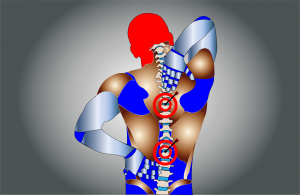
The Parkinson’s disease Foundation supports 5 stages, which include:
Stage 1. Symptoms are mild and do not interfere with the person’s quality of life.
Stage 2. Symptoms worsen and daily activities become more difficult and take more time to complete.
Stage 3. is considered mid-stage Parkinson’s disease. The individual loses balance, moves more slowly, and falls are common. Symptoms impair daily activities, for example, dressing, eating, and brushing teeth.
Stage 4. Symptoms become severe and the individual needs assistance walking and performing daily activities.
Stage 5. is the most advanced stage of Parkinson’s disease. The individual is unable to walk and will need full-time assistance with living.
Symptoms
Difficulty in showing facial expressions
muscle stiffness
slowed, affected movements
speech changes
tremor
dementia
issues with the autonomic nervous system, such as problems with controlled movements or spasms
early problems with balance
rapid onset and progression of symptoms
Tissue Massage in Cochin
AYURVEDIC MANAGEMENT
Depending upon the stage of onset Ayurvedic treatments differ. There will be internal medications to remove Central stiffness on the musculoskeletal system and external body treatments for removing peripheral nerve stiffness on the musculoskeletal system.
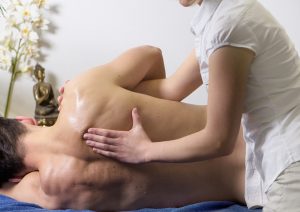
This unique approach gives desired results with minimal medications and for a long duration.
While comparing with conventional treatment options Ayurvedic protocols are far superior in giving good and better results with no major side effects.
Weaning of medications on improvement can be easily achieved.
Specific head therapies and Panchakarma therapies to maintain chemical homeostasis are unique to Ayurveda in managing degenerative neurological conditions, yoga and meditation are there to cover up along with physiotherapy.

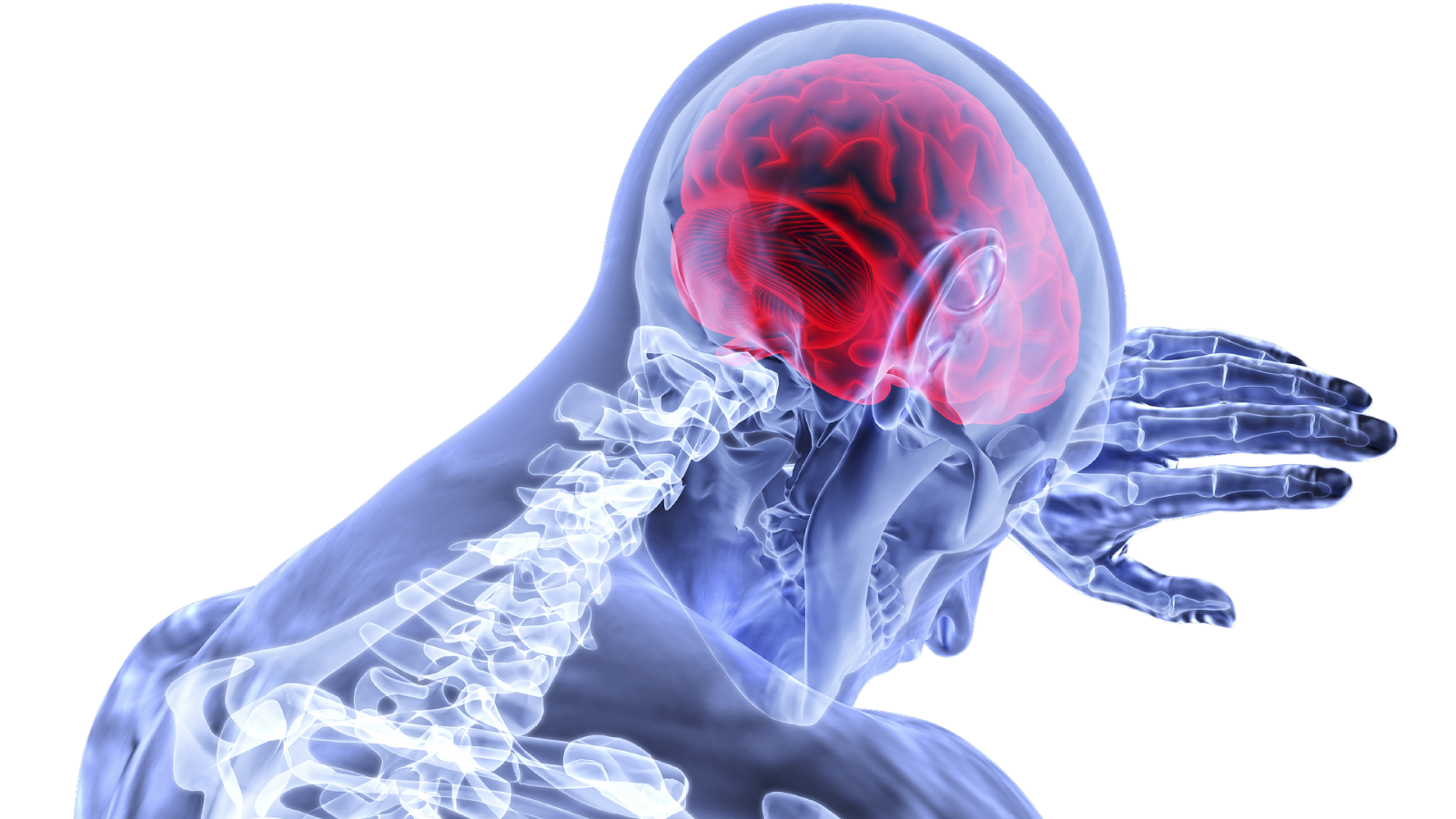
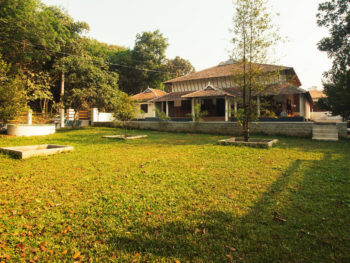

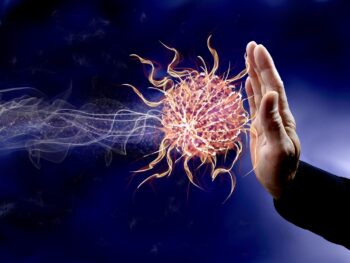
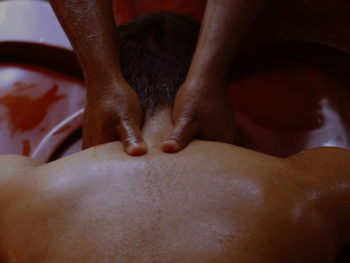
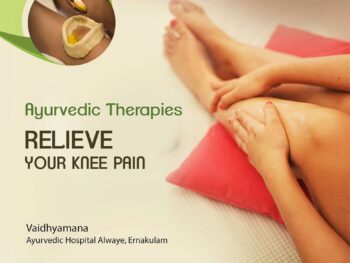
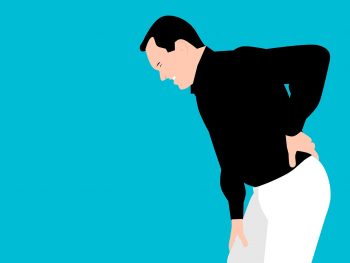
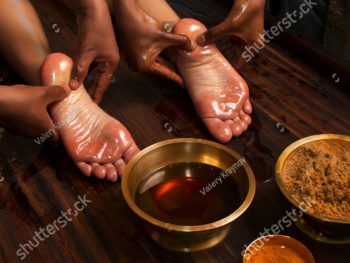
 Treatment for Disc Pain Kochi – Vaidhyamana
Treatment for Disc Pain Kochi – Vaidhyamana